Mindy Pollack-Fusi is visiting the Art and Craft of Writing Creatively on three occasions this week to introduce her new book, The Narcissist’s Daughter: A Meshugenah Love Story. On Monday, Mindy – or rather, Dr. Mindy! – met four of her characters on the couch. Today, we get to learn more about Mindy herself in an in-depth interview and see some fabulous pictures she’s shared. Finally, on Friday we will learn some fun facts about Mindy, plus get to read an excerpt from her new title. After reading Mindy’s interview, carry on down for Mindy’s social links, plus links for The Narcissist’s Daughter. And don’t forget to enter the giveaway for a $25 Amazon.com gift card!
What inspired you to write this book?
Did you create any sort of visual aid to keep yourself inspired?
Oh, yeah! When the story shifted away from its focus on the family reunions to a conflicted love-interest (based minimally on my current husband’s family background, corny poetry, and sayings!), I clipped out a photograph of a honey of a male model from some magazine. Now and then I’d visit his photo and go back to bringing him to life in my story! Other than that visual, I found that writing the book and attending workshops was so rewarding I kept going!
What do you feel is the most important takeaway?
While the storyline may feel like mostly a romance, it is FAR from it. It is full of life metaphors and symbols—I’m a wannabe philosopher and therapist! The book is a reminder to women that we need to live our lives our own way—within ethical and legal limits, preferably! The power of our core mother-daughter relationship often shapes who we become, and it deserves serious re-evaluation if it clashes with one’s inner soul, values, choices.
What one book club question do you hope readers ask or discuss?
I want readers to talk about their ego and dreams vs empathy and individuality for their children; sticking to family beliefs vs allowing self-development that differs from the family’s plans.
When I was age 13, I wrote a short story about two boys on a beach. One had a great family life; one had self-absorbed parents. In the end, each boy’s reaction to being called off the beach at dusk—one happy; one sunburned, lonely and sticky with sand—reflects not only on their self-esteem, but on the world—using the symbol of “littering the beach” or not. I still have that story. Who knew way back then that I was bursting with feeling, philosophy, analysis of personality differences and their effect on the next generation?! My mother loved my story and helped me try to publish it (didn’t), but it wasn’t until decades later I wondered why neither of us questioned why I wrote that? My life seemed totally whole, good family etc. Today, I have clear interpretations.
What single best piece of advice would you give yourself as you prepare to publish?
As I release my art and my messages into the world, I must accept some will like it, some will love it, some will think it is the most f’d up thing to have spent 18 years working on. Despite my strong proclivity to being a people pleaser, that’s OKAY.
After Jody, who is your favorite character? Why?
Ruthie, Jody’s bestie, for sure. Before, and during, the writing of this book, I wrote a memoir which incorporated real friends going through life changes—not yet published, never tried, maybe it’s my next book, who knows? I discovered, then, that despite my being a rather serious-minded person, humor explodes from me when I write.
As you were writing, did you take any wrong turns you later corrected? Why was it wrong? How did you correct it?
Oh my, if you could see how many drafts have hit the recycle bin! I’ve probably put some kids through college in China (where the US used to send much of its recycling). As I learned more (and more, and more) about novel structure, I added, then changed, then totally rewrote the prologue, first chapters, and removed stuff in the beginning that was written for ME but not needed for the READER.
Which character was most fun to write? Why?
We’re probably back to Ruthie again. Although the character that is most real, yet totally made up, is Sam’s mother, Stella. Writing that chapter in one day was a totally mystical experience where someone from the way beyond came back to create co-jointly with me. The only true story in there is Father Claude’s comments to Stella, and I’ll leave it at that…
Which character was most difficult? Why? How did you work through difficulties?
Definitely Shelley’s mother, Debra. Shelley is Sam’s former wife who died. I thought I had her “okay-enough” until a dear friend whose wonderful daughter died a few years ago read my novel with such heart, that she found wonderful changes, and delights. She tenderly told me that she found it too unrealistic how Debra responded to meeting Jody. I shared how I reworked it with Anne, my friend, and she said it was much better. I also consulted a late friend’s husband to ask if the re-dating sections for Sam were realistic, as he tries to find love again after such a tragic loss. These were both a case of writing what you don’t know but can be open to learning about!
What’s your favorite scene? Why?
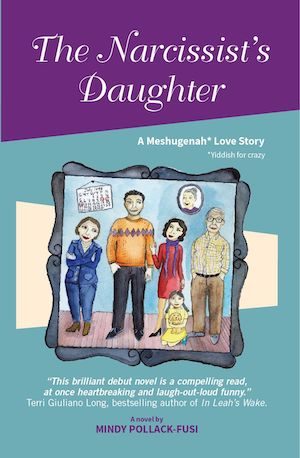 “What’s happened? I kicked out a man who screwed another woman and you’re asking what’s wrong with me instead of, maybe, helping cook some meals for us or offer to babysit once in a while, or even just show me some, God forbid, emotional support? And you expect me to bring him to our already messed up family reunion filled with forty-eight hours of determining who’s most successful? Sorry, Uncle Nathan wins that one. And Aunt Bernice will always have more kindness, class and expensive designer everything than you. Give it up, Ma.” I exhaled and let go of Ida’s arm, motioning to the waitress.
“What’s happened? I kicked out a man who screwed another woman and you’re asking what’s wrong with me instead of, maybe, helping cook some meals for us or offer to babysit once in a while, or even just show me some, God forbid, emotional support? And you expect me to bring him to our already messed up family reunion filled with forty-eight hours of determining who’s most successful? Sorry, Uncle Nathan wins that one. And Aunt Bernice will always have more kindness, class and expensive designer everything than you. Give it up, Ma.” I exhaled and let go of Ida’s arm, motioning to the waitress.
For the first time I could remember, my mother stood motionless until the waitress approached. Ida maneuvered around her, moving her short legs so quickly she resembled a furry black Pomeranian dog trying to act fierce.
“I’ll be dining alone this morning,” I said. “Sorry for any inconvenience. Two Eggs Benedict, one to go, sauce on the side on both. And black coffee please.” I stood and switched seats, facing out. I couldn’t wait to call Ruthie, tell her Ida had flunked, and I had won, sort of. And to come to the house to get her Eggs Benedict soon. And, oh yeah, please advise me on what the heck* to do next.
*(I originally had what the f, but changed it just before my mother was going to read it!)
Which one specific scene or piece of dialogue could your book not do without? Why?
Your question immediately takes me to the scene where Jody and Sam finally, shall we say, ‘consummate’ their union. Every reader will feel that Sam is WAY too perfect throughout this book. I know that, no one has to tell me that :). I spent 18 months creating and playing with him, he had to be amazing! A straight male friend even teased that he’d marry Sam if he’s that good!
In response to a reader asking how much of his book was autobiographical, a writer I knew once said: Less than you think and more than you know. What part/s or aspect/s of the book is/are most unlike you, yet in your opinion, most likely to be mistaken for true? How would you respond to a reader who asked?
I love this question, because it is what has kept me from “birthing” it sooner: I’m worried people will think Jody’s breakdowns were mine (NO, NO, NO!); worried people will think my ex was a monster and only had visitation rights with our real-life daughter (NO, NO, NO-joint custody); worried people will think my mother is an outright narcissist (NO, but she had a sad upbringing and self-protective traits; she and I both have narcissistic traits, for sure). I also HATE the thought that people may think that my ex and I had that “fool-around scene”! NO NO NO. Nor did he beg to take me back. Puhlease!
If your book were made into a movie, who would play Jody? Mom? Other main characters?
If one thing comes out of this book, other than people enjoying it and maybe making changes in their own lives, I want this to be a Hollywood movie! It would star the “Mrs. Maisel” and “Suzy” actresses playing Jody and Ruthie. Rachel Brosnahan and Alex Borstein. Oh, please, let me keep going: I need Michael Zegan, who plays Joel in The Marvelous Mrs. Maisel, to play Stewart. And I’d sell my dog (ok, a deceased one) to have every woman’s dream boy, Bradley Cooper, play Sam—though when I started this I wanted Pierce Brosnan. That’s so back in the day now! And there’s only one actress who could truly do Ida, the Mother, perfectly: Bette Midler. Ok, I could keep going, but I’ll leave it at that.
How long did it take you to write this book?
On and off 18 years. NO KIDDING. Thank God I waited until now—Edit #24fgzxx—to release it. It was never quite ready for the world until about one month ago. Truth.
Was the editing process painful or fun? Why?
Did you ever feel like giving up? What motivated you to keep going?
Two years ago. 89-year-old Irwin who went trash picking in his own house. Ha.
How do you prepare for writing? Any special times of day, writing spots, or rituals?
Actually, in the beginning, I wrote at local libraries, trying to be disciplined, but I had a 10 and 15-year-old; moms who think that it’s easier to get things done when kids are in the teen years: No way. That’s when I discovered writing trips to workshops, weekends away, and in my empty nest years, longer writing trips to my favorite place, La Jolla, Calif. Or just, alone, to our Cape Cod home.
Did you start the book with a plan or ending in mind? Did you stick to it? Why or why not?
What, for you, are the easiest and hardest parts of writing a novel?
All of it is easy. All of it is difficult. Editing makes me OCD. Anyone who sends me a typo in my novel had better send me a package of Kleenex, too. Or valium, though I’m anti-drugs!
How is your work in journalism and PR different from, yet similar to writing a novel?
You know, all of these questions have been fun. This one involves an analysis I never stopped to consider. I think I do not compare them at all. Sure, they’re both writing forms, but polar opposite—facts vs creativity, even though each has a bit of both, of course. I will say that my journalism interviewing skills helped me when I needed to research the scene with Ruthie’s medical emergency. Two friends were brilliant with their responses to my questions. I also use my interviewing skills, which are also my intuitive skills, to learn more about people I interview and the 17-year-olds I coach on their college application essays. If anyone thinks journalism is just the facts, they don’t realize how much a good reporter must see what is not being said. Same with characters, I guess. Thanks, Terri, never thought of that comparison!
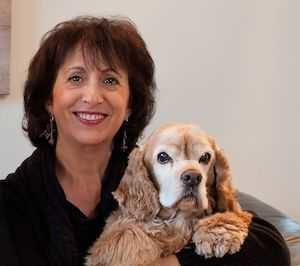 Mindy Pollack-Fusi is an award-winning, lifelong writer, former public relations professional, and veteran journalist and essayist for The Boston Globe. She founded The Place for Words in 2009 to teach creative writing to adults and coach students on college application essays. She is the editor of “The Ice Cream Stand, Stories & Poems” by 21 Writers, published in part by a Bedford Cultural Council Grant. She holds a B.S. in Magazine Journalism from Syracuse University’s S.I. Newhouse School of Communications and an M.S. in Public Relations from Boston University’s School of Public Communications. Mindy lives in Bedford, Mass. with her husband and rescue dog, Doogie Howser, The Doctor of Love! This is Mindy’s first novel, published by her indie imprint, The Place for Words Press. (The photo is with Mindy’s late great cocker spaniel, Gilligan, whose fictional persona plays a major role in The Narcissist’s Daughter.
Mindy Pollack-Fusi is an award-winning, lifelong writer, former public relations professional, and veteran journalist and essayist for The Boston Globe. She founded The Place for Words in 2009 to teach creative writing to adults and coach students on college application essays. She is the editor of “The Ice Cream Stand, Stories & Poems” by 21 Writers, published in part by a Bedford Cultural Council Grant. She holds a B.S. in Magazine Journalism from Syracuse University’s S.I. Newhouse School of Communications and an M.S. in Public Relations from Boston University’s School of Public Communications. Mindy lives in Bedford, Mass. with her husband and rescue dog, Doogie Howser, The Doctor of Love! This is Mindy’s first novel, published by her indie imprint, The Place for Words Press. (The photo is with Mindy’s late great cocker spaniel, Gilligan, whose fictional persona plays a major role in The Narcissist’s Daughter.
 Can love and intimacy guide Jody’s exodus from her controlling mother, or is the grip of the past too powerful to overcome?
Can love and intimacy guide Jody’s exodus from her controlling mother, or is the grip of the past too powerful to overcome?
Jody Horowitz grew up in a tony community outside Boston with her narcissistic mother, her passive father, and her snooty older sister. Breaking any of Mother’s multiple rules meant enduring verbal lashings and comparisons to her “perfect” sister. Jody acquiesces in practice, if not in spirit, starting with Rule # 1: Marry a Well-Off Jewish Man. Have his baby. Which she does.
But Jody, now 33, with a one-year-old daughter, learns that her “well-off-enough Jewish man” has been screwing a shiksa, and Mother suggests that in order to fix her marriage, Jody “wear more lingerie.” Instead, Jody kicks the cheater out, recovers her life with her work, her daughter and their cocker spaniel….and, despite Rule #1, falls for a kind Italian Catholic widow. Their love affair leads her to expedite her divorce, despite the risk of losing not only the only family she has ever known, but future shares of the family’s fortune. Is this worth it, to be with a partner who has a big heart—but a thin wallet?
Her new man seems well worth it, and Jody seems truly happy for the first time in a long time…despite the secret she must keep from him, and the secret she discovers about him. As she grapples with her heart, Mother re-surfaces with more mishegas, instituting Rule # 2—Keep Secrets When Necessary. She declares the divorce and goyim guy to be hush-hush and insists that Jody bring her estranged husband to the annual family reunion in upscale Westchester County, NY. That request pushes Jody over the edge. With her loving Bubbe’s support, she resolves to finally emerge from her mother’s narcissism—and shatter all rules so she can be true to herself, her daughter, and her new man.
This decision unravels her soul and leads to a dramatic personal breakdown that stretches from Boston to California to Maine, which even her best friend Ruthie can’t fix for Jody this time. By the start of the highly-charged family reunion, Jody must summon the courage to proclaim her allegiance to her man, not be a pawn to her family, and be a positive role-model for her daughter. To everyone’s surprise, a third choice, amid a tumultuous night of secret-revealing, comes to light.
Will Jody remain mired in Mother’s manipulation or freed from a lifetime of controlling, narcissistic influences? And how will her young daughter fare from the family mishegas that threatens to consume them? Can love and intimacy guide Jody’s exodus, or is the grip of the past too powerful to overcome?
With suspense, humor, romance, a compelling plot, and a Yiddish glossary, this novel grips the reader from start to finish—whether or not they understand the enormous challenges that the daughter of a narcissistic mother must overcome in order to become her own person. Those who do understand, or have lived with a self-absorbed or narcissistic mother, will see themselves in Jody—and cheer her on all the way to her final decision.
The Narcissist’s Daughter is also available for ordering for indie bookstores, B&N on demand, and libraries on Ingram. The ISBN is 9780983739777.


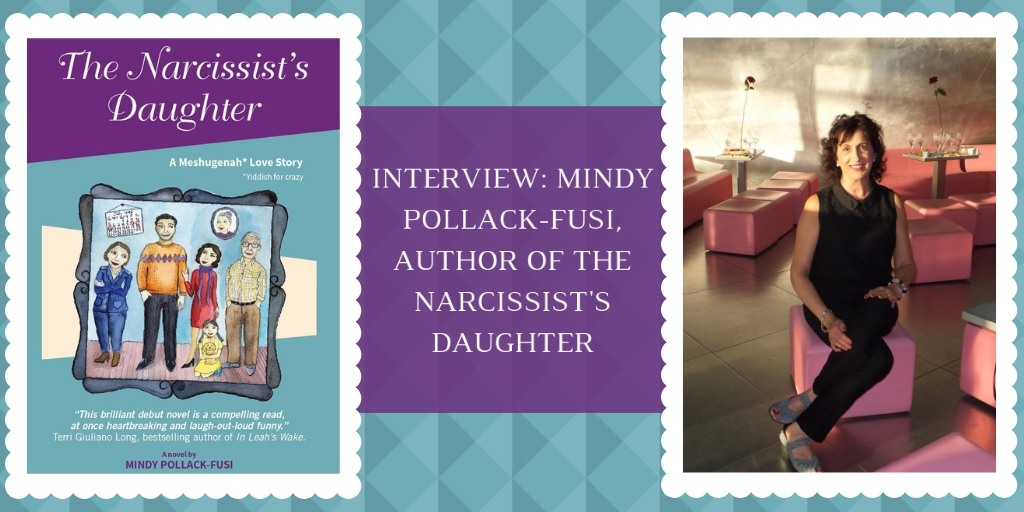
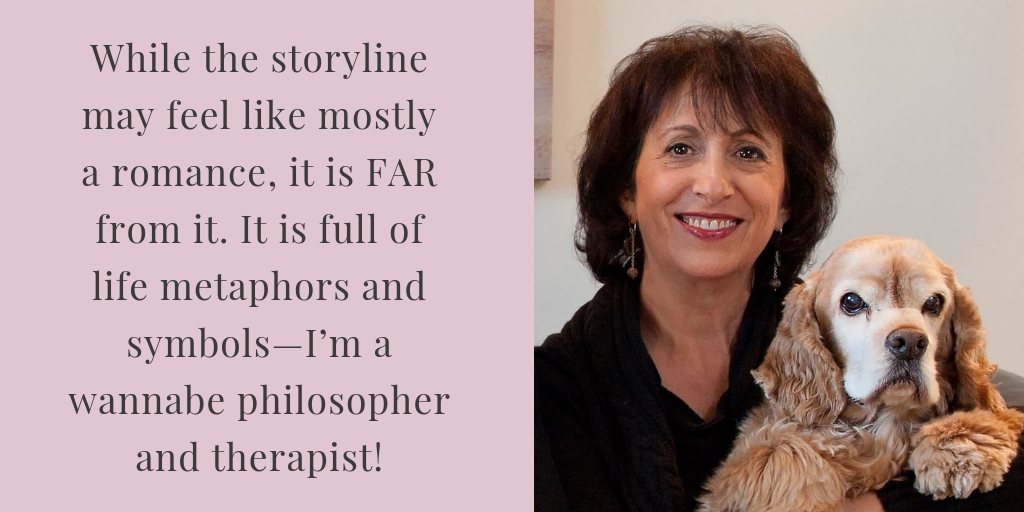
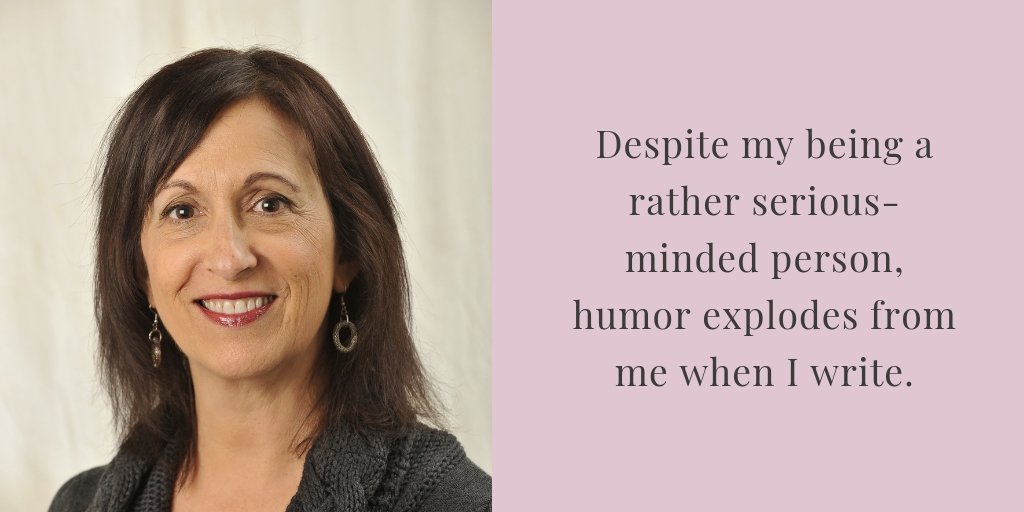
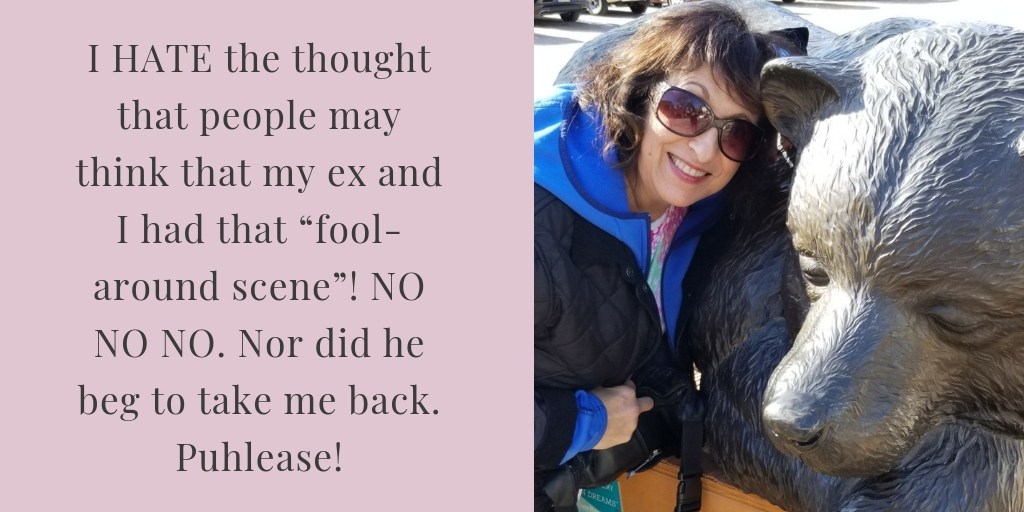
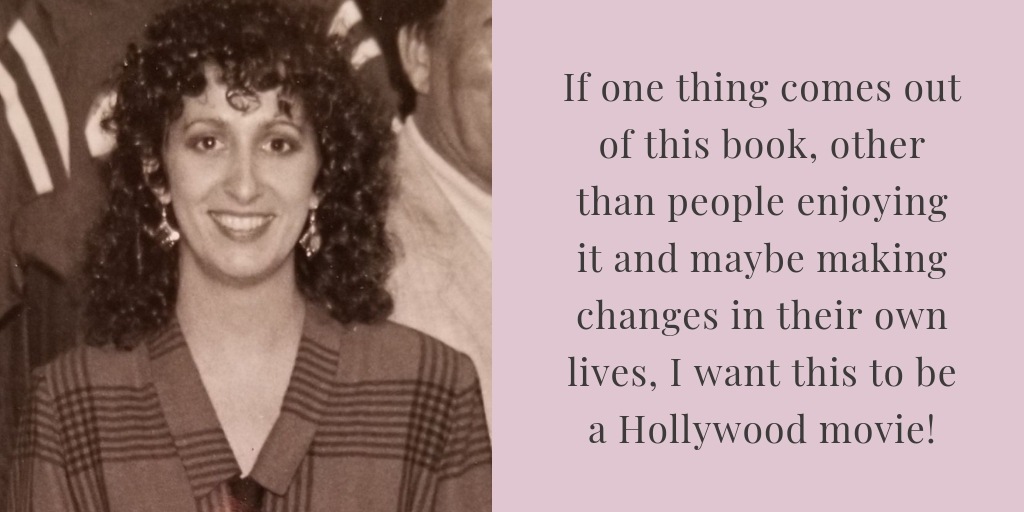
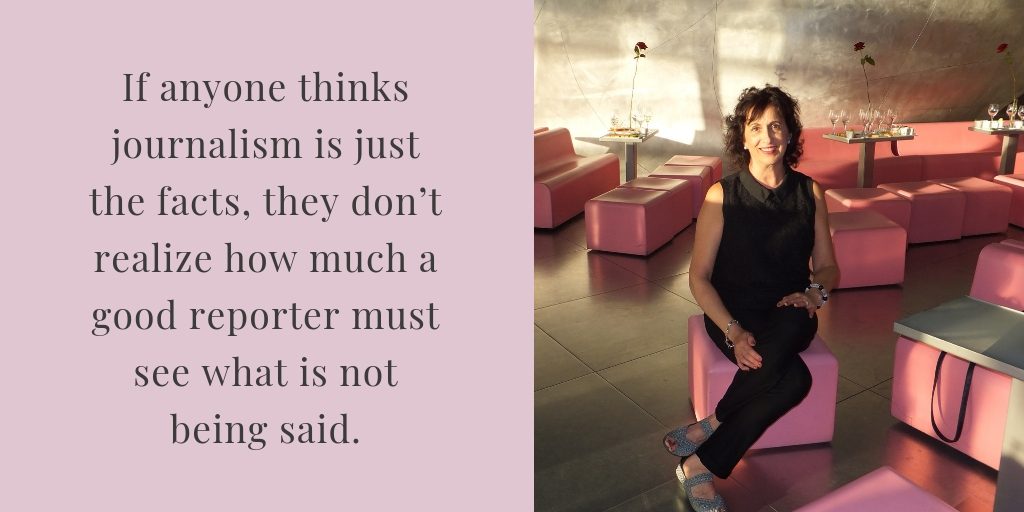
I'd love to hear your thoughts!